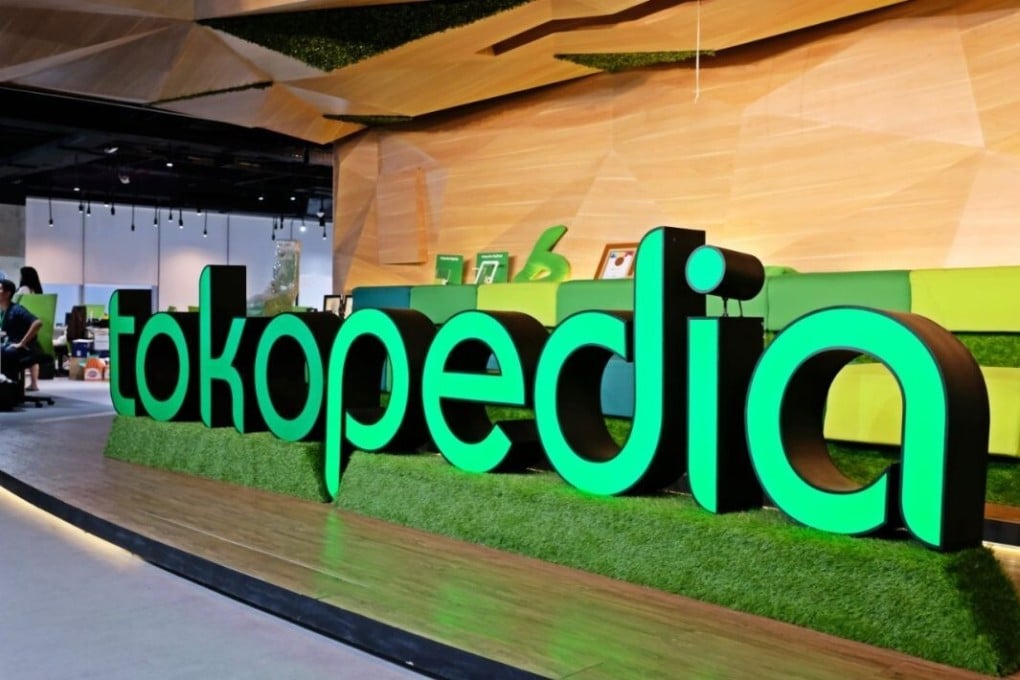From Hong Kong tycoon Richard Li to Softbank, SPACs are gaining traction in Asia
- Surging popularity in the US has Asia-based funds seeking to tap red-hot SPAC capital raising trend
- So-called blank-cheque companies remain in their ‘infancy’ in the region

Once rarely seen in the region, Asian financial sponsors and target companies are beginning to embrace what has been this year’s hottest fundraising trend, special purpose acquisition companies (SPACs), according to deal makers.
The frenzy around these “blank-cheque” companies has spurred US$71.2 billion in fundraising globally so far this year – a fivefold increase over 2019, according to financial data provider Refinitiv.
“That’s top of mind. Whether we’re talking to external bankers, or to our internal stakeholders, SPACs are one of the topics that keep coming up,” said Ernest Fung, senior vice-president of strategy and finance at Indonesian e-commerce unicorn Tokopedia. “It is a space that is highly active.”

01:16
Tesla exports first China-made cars to Europe with shipment of 7,000 Model 3 electric sedans
The competition among sponsors, particularly as more SPACs focus their attention on Asia, is so fierce that it is leading to more “founder friendly” terms, as the investment vehicles seek to lock in targets, Fung said at MergerMarket’s and ACVJ’s Hong Kong M&A Forum this month.